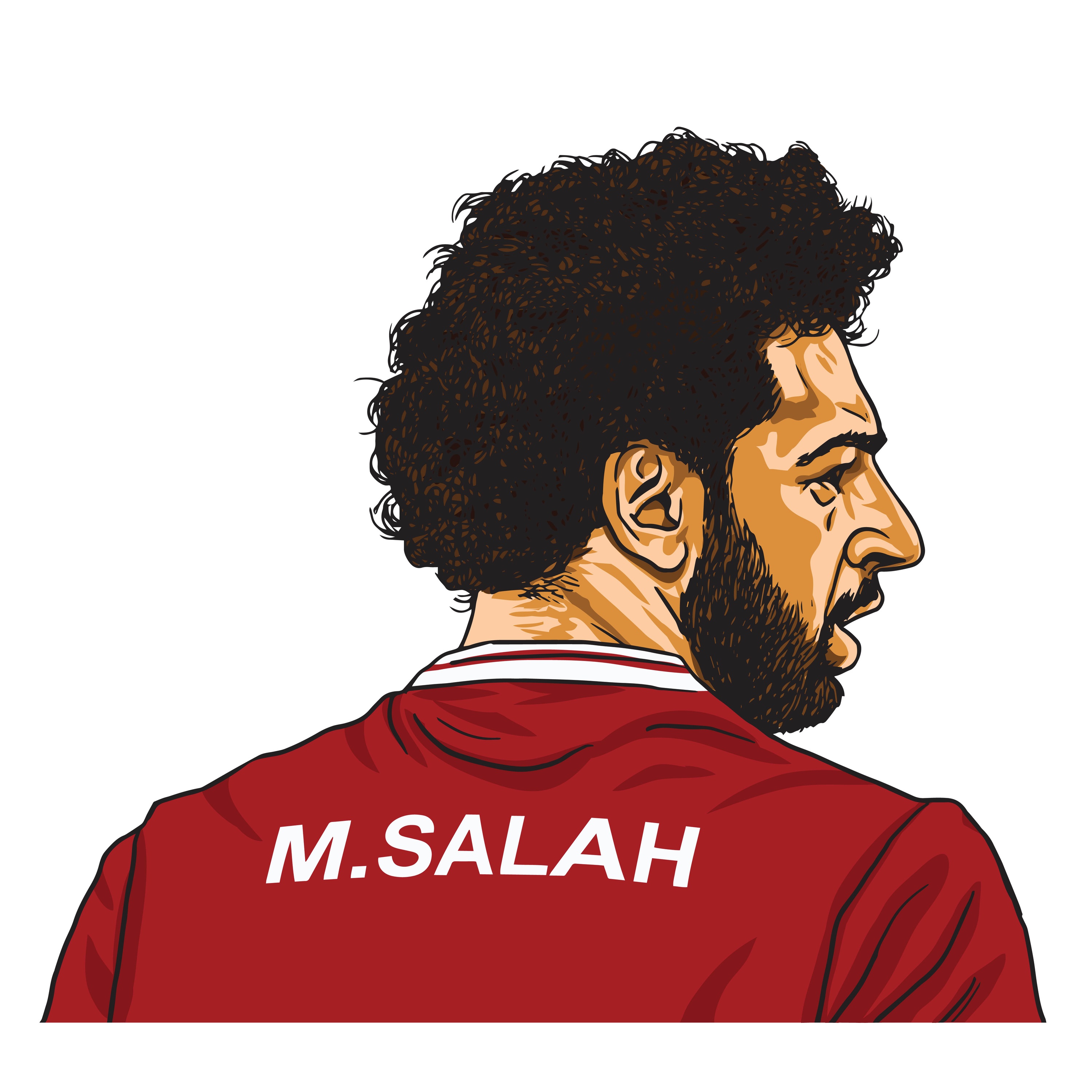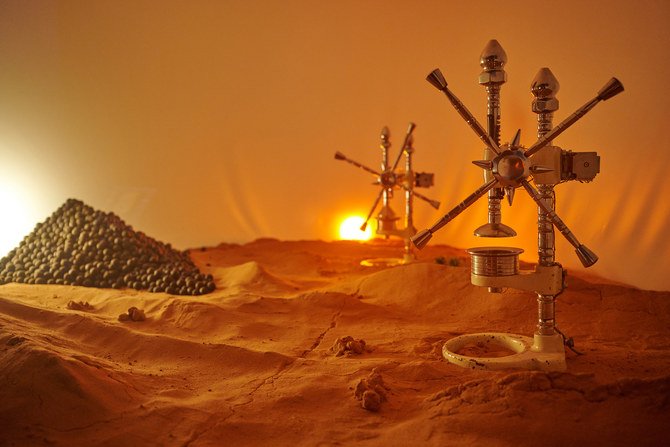Lifestyle
6.21.2019
Mohamed Salah: a modern times prophet?

On the banks of the Nile, he is known as “the 4th pyramid”… The comparison with the wonders of architecture clearly taints the pride that invades the Egyptians with the evocation of the country’s child who, for some years now, has thrilled the whole of Europe’s football scene. A look back at the journey of the one who panics the future Mercato, and who shakes up opinions around Islam.
In the United-Kingdom, they call him “The Egyptian King”, for having succeeded, thanks to exceptional performances, in bringing himself up to speed with the very best on the planet. Each region has its own formula for praising the man who, until a few years ago, struggled to explode his talent.
On top of the world
A talent that he began to hone early, like many top athletes… Born in 1992 in Basyoun, Gharbeya Governorate in Egypt, he was passionate about football at a very young age. At the age of fourteen, he travels several hours every day to Cairo to follow his club training. At the age of 17, Salah was the youngest player in the Egyptian league. Two years later, he signed his first contract with a European club, FC Basel, for €2,500,000.
Snowball
The young Egyptian striker, who scored in his first game, is now in the hands of his coach, Heiko Vogel. Soon, he becomes the star of the club. In 2012, he is the only African representative to win the Golden Boy, the trophy that honors the best young players of the year in Europe. The following year, after several quality performances, he attracted the attention of the biggest European clubs, such as Inter Milan, Manchester United, or Tottenham Hotspur.
On 23 January 2014, the club announced on its official website an agreement between FC Basel and Chelsea for the transfer of the player. The Egyptian is struggling to fit in with the London club. This is followed by different loan periods, particularly in Italy, at Fiorentina and AS Roma, where the player bounces back.
Consecration
On 22 June 2017, Mohamed Salah officially joined the Liverpool Football Club for a five-year contract term and a transfer amount of €42 million, making him, back then, the most expensive Arab and African player in the history of football. He scored in his first game and scored again the following week, being voted player of the month as soon as he arrived. Salah began to set records: the second fastest player to score 20 goals for Liverpool, the second fastest player to score 20 goals for Liverpool, the top scorer in Reds history for a first season, the first player in English league history to win the title of Best Player of the Month three times in a single season, and finally the most goals in a single season in the Premier League…
Always higher
More recently, as the icing on the cake, Salah became the first Egyptian to win the Champions League – a year after failing in the final – recognized by the football world as the most prestigious competition. In addition, the champion performs with the Egyptian national team. Not only did he take her to the African Cup of Nations (CAN) final in 2017, he was also one of the key players in Egypt’s qualification for the 2018 World Cup, after 28 years away from the competition.
So here he is, on the roof of Europe, if not the world, nicknamed “The Egyptian King” and recognized by the greatest, such as Steven Gerrard, who publicly praises his qualities. A song in his honor is even written by the fans, which takes up the tune of Sit Down, from the James group. A sympathy capital that reflects on the communities he represents: Arabs and Muslims.
Positive influence
In 2019, he was named in Time magazine’s ranking of the most influential people of 2019 (100 most influential people of 2019, Titans category). A relevant ranking if we consider that, by influence, Egyptian is not lacking. Indeed, according to a study by Stanford University, since the winger joined the Liverpool club, Islamophobia has declined locally.
The study, entitled “Can exposure to celebrities reduce prejudice?” shows that hate and Islamophobia crimes in Merseyside have declined by 18.9%. In addition, the percentage of anti-Islam tweets has been cut in half, from 7.2% to 3.4%. A considerable performance considering that only in 2015, fans of the club had been publicly insulted by stadium friends, and described as “shame” for praying at half-time in the Anfield stadium. The study suggests that this change in mentalities could be due to a better familiarity of the target audiences with the Muslim religion.
Uninhibited Muslim
Salah, on the other hand, lives his religion very publicly. He can be seen joining hands to pray, kneeling to bow when he scores, and it is common knowledge that he fasts during the holy month of Ramadan while taking part in matches (obviously, without affecting his performance). An uninhibited Muslim, who visibly does good to the way the community is perceived, in an England that is nevertheless inclined to withdraw into itself, if we believe the current events (the Brexit party has just largely imposed itself in the European elections).
popular

